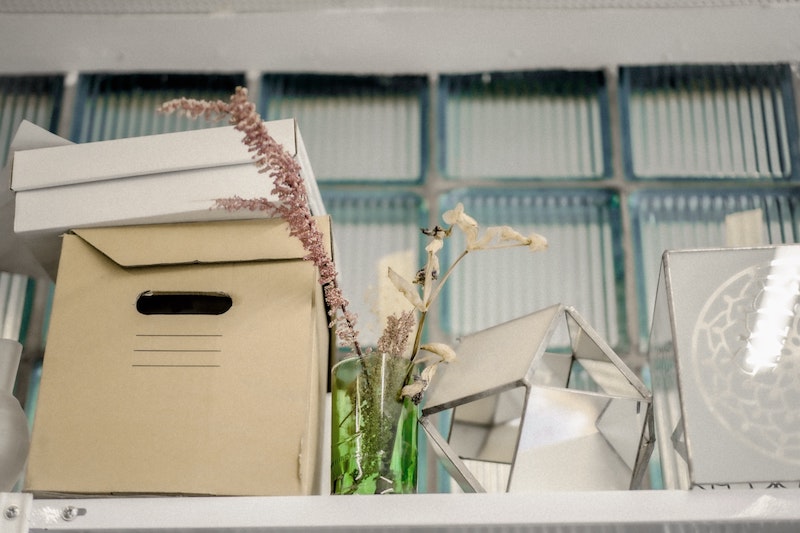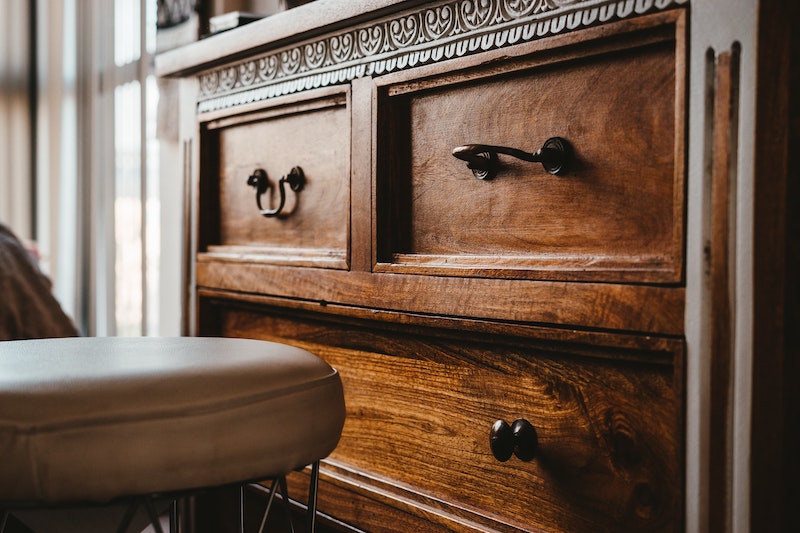How Much Rent Can You Afford?
Let’s talk pounds, pennies, and the search for your new flat.

Let’s talk pounds, pennies, and the search for your new flat.

Whether you’re moving out of your parents’ place into your first rental flat or you’re getting ready to sign your umpteenth tenancy agreement, figuring out how much rent you can afford can certainly be daunting.
We’re no strangers to that eerie feeling at the end of the month when your account hovers dangerously close to £0, and those dreaded overdraft fees loom large.
Follow our lead, and manage your flat expenses like a pro – to never see your account reach £0 again!
We’ll get into:
Signing a flat you can’t afford is risky, but it’s more common than you think, and the current economic climate can be particularly tricky for renters to navigate. In the 12 months till August 2022 rental prices by UK tenants have increased by 3.4%, making it the largest annual growth rate since 2016.
Calculating exactly how much you can spend on rent will allow you to begin saving money for your financial goals instead of living from payslip to payslip.
The big question surrounding flat expenses is: How much of your monthly income should you spend on rent?
Ask a traditional financial advisor, and they’ll probably tell you that 30% of your gross income is how much you should spend (gross income being the amount of money you make before deductions like state and federal taxes).
And they’re not the only ones. According to the Office for National Statistics (ONS) Brits spend an average of 27% of their gross salary on rent.
While up to 30% may feel like a good rule of thumb, it’s by no means a hard and fast standard. Your financial situation is unique, and what works for someone else won’t necessarily work for you. The rule doesn’t consider permanent expenses and other financial obligations you may have like student loan debt or car loan payments.
Nor does the rule consider the variable costs of living. The amount you’ll pay for a one-bedroom in the hustle-and-bustle of London may have you living like a king in a more affordable place like Leeds.

All of this raises the question: if not 30%, how much of your income should you budget on rent?
The short answer – it depends. (Not what you wanted to hear, we know.)
Your rent budget should be contingent upon your financial goals and the amount of money you’ll have after taxes and fixed expenses, something we like to call cash in hand.
So how do you figure out what’s right for you? Start by calculating how much cash in hand you’ll realistically have at the end of the month. Once you get a number, take some time to assess your circumstances and adjust your aim:
Are you planning to put a lot of money away for the future, or live and spend spontaneously? Do you plan to buy your own place within the next few years, or are you likely to remain a renter? Either way, you’ll want to think carefully about your unique situation and long-term goals.
No matter what your decision, do not sign on to a flat that’ll cost you more than the amount of cash in hand you’ll have available at month’s end. It’ll only lead to a situation where you’re overextending yourself, and you’ll wind up in financial trouble.
For more on how to split your earnings between expenses, savings, and leisure, jump to the 50/30/20 rule below.
Your monthly rent cheque will already cover a bulk of your living expenses, but there are a handful of additional expenses to consider when creating a budget for your flat. It’s important to know what to ask when you’re viewing a flat to rent.
One-time fees

Any business owner can tell you cutting expenses can have a significant impact on the company’s bottom line. Your bank account is no different; think of your account as its own business entity with an income stream (your salary) and expenses (utilities, rent, food, etc.) that need to be paid.
You can increase the amount of dough left in your account at the end of the month by cutting back and reducing those expenses. Here are some places where you can easily pinch a penny:
The most obvious way to save is by sharing your place with housemates. In most major cities, sharing a two-bedroom apartment with a buddy will be friendlier on your pocketbook than paying for a one-bedroom apartment all to yourself.
Love it or hate it, housemates may be a financial necessity.
Before rushing to fill your new place with that brand-new couch, complete with a throw pillow, and an oak coffee table on a fancy persian rug, take your time and only buy the essentials to start. You likely have less space in your flat than you think, so if you can avoid the initial temptation to buy that complete IKEA set, you’ll thank yourself afterwards.
Slowly acquire furniture that’s functional, serves a purpose, and matches your feng shui. Ask your friends and family to source unwanted pieces of furniture they’re willing to get rid of. You’d be surprised at the goodies you can find hidden in basements and dusty lofts.

Cable TV is expensive. Ask yourself if it’s really worth the extra money to pay for cable news, sports, and other channels that you don’t necessarily watch.
Instead, consider investing in streaming subscriptions like Netflix, Disney Plus, or Amazon Prime Video. They are significantly cheaper and have a great selection of movies, shows, and original content.
When it comes to internet access, it’s common to overpay. Telecom companies are keen on selling you more bandwidth than you actually need, or your building’s infrastructure can really handle. Only pay for the MBs you use.
Not paying for electricity isn’t an option (unless you’re ready to go back to the dark ages), but there are a few things you can do to lower your bill.
For instance, avoiding peak hours when running energy-intensive appliances like your dishwasher, washing machine, or dryer. Instead, use them at night while the electric company has discounted rates for the electricity you use.
Once you’ve found a place and settled in, the next pressing question is how to budget for everyday life in your new flat.
A great rule of thumb is the 50/30/20 rule (not to be confused with the 30% rule above). You can budget your hard-earned income as follows:
To make saving easier, set up recurring transfers from your checking to savings account twice per month (immediately after you get paid). This little trick will force you to budget with your remaining paycheck, and the 20% will feel less significant.
Sidenote: That 20% savings can add up fast, thanks to the wonders of compound interest. If you focus on saving with every paycheck, you’ll have a solid pot of cash by the time you reach retirement age.
The best part about budgeting in 2023 is the ability to keep close tabs on exactly how and where you’re spending your money. All banks and credit card providers can provide a detailed digital statement you can download as a spreadsheet containing all the credits and debits in your account.
Use the spreadsheet to deep-dive into your spending every 30 days, preferably at the end of the month. Sort your expenses into categories and see if you’re spending within the 50/30/20 rule. If you’re not quite hitting the mark, figure out where you need to adjust.
Have spreadsheet-phobia? Don’t fret. There are tons of budgeting apps like Emma, Money Dashboard, and Plum that make budgeting easy from your smartphone. Some will even link directly to your bank account and help you automatically save and invest.
If you’re looking for other ways on how to split expenses with housemates, try opening a joint bank account or credit card. Use it to pay all of the expenses related to your apartment, including utilities and essentials like cleaning supplies. This way, you can forget chasing down receipts and bills at the end of the month; instead, just pay off the shared credit card since all expenses will be concentrated in one location.
Budgeting is more of an art than a science, and there’s no one right way to manage your money. The key is knowing what you want to get out of your finances and putting your cash to work to meet your goals.
Our number one piece of advice? Don’t overdo yourself. Stay within your limits and don’t overspend. It’s easier to live with less than to struggle to make ends meet because you bit off more than you could chew.
Most importantly, enjoy your new home and all that comes with moving into your flat!
Please note: Lemonade articles and other editorial content are meant for educational purposes only, and should not be relied upon instead of professional legal, insurance or financial advice. The content of these educational articles does not alter the terms, conditions, exclusions, or limitations of policies issued by Lemonade, which differ according to your state of residence. While we regularly review previously published content to ensure it is accurate and up-to-date, there may be instances in which legal conditions or policy details have changed since publication. Any hypothetical examples used in Lemonade editorial content are purely expositional. Hypothetical examples do not alter or bind Lemonade to any application of your insurance policy to the particular facts and circumstances of any actual claim.